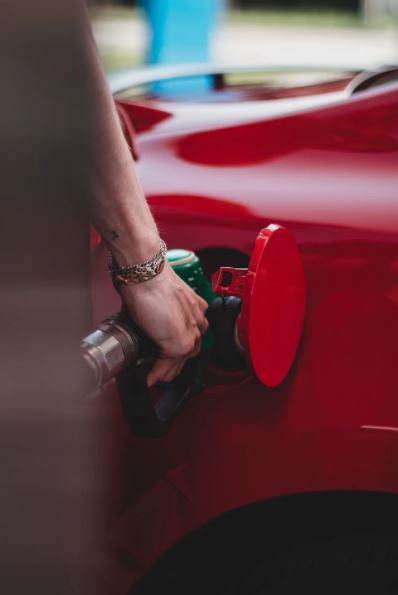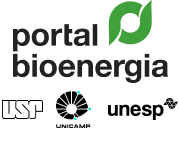The fuel production ecosystem (from the extraction of long-chain hydrocarbons to the distribution and retailing of fuels) is made up of numerous companies and intermediaries. A common problem in the transportation sector is related to the millions of liters of fuel that are stolen, as well as miscalculations and mismanagement of a valuable and scarce resource. It is extremely difficult to estimate the damage of these illicit activities to companies. The damage can be divided into four significant areas, namely: economic, political, technical and environmental. These frauds are difficult to identify and eliminate because they can involve different parties with conflicts of interest and sometimes internal employees of the company. These issues can be addressed through a distributed IoT system capable of tracking fuel efficiently. This system can encompass the entire fuel production and retail ecosystem, encouraging and increasing the product credibility of gas station networks and independent gas stations. This system will eliminate illicit activity and will inhibit the spread of this activity to various gas stations. It will also be possible to estimate, reduce and keep fuel prices constant, preventing a price from being charged for a fuel of questionable quality. Avoiding fuel adulteration is directly related to reducing greenhouse gas emissions and environmental impacts. That’s because adulterated fuel tends to emit more greenhouse gases and particulate matter than unadulterated fuels. Furthermore, adulterated fuel increases the need for greater oil extraction and consequently reduces a scarce and valuable resource.
Highlights:
- Fuel fraud harms a company’s operation in a market and has the potential to cause that market to collapse. Fraud in a given market tends to decrease when producing this fraud becomes more expensive than operating without fraud. On the other hand, fraud can be encouraged in situations where the consumer does not know that he is buying an adulterated fuel or does not consider the quality of the fuel as a decision factor at the time of purchase. Therefore, a system capable of assuring fuel quality can increase consumer reliability, thus inhibiting fraud. Fuel fraud can also undermine the government’s ability to regulate and collect taxes on a particular product. Some example cases are when companies circumvent safety and environmental regulations through fraud, advertising substandard products to be of superior quality or comply with regulations.
- Main reasons that lead the fuel retail industry to commit fraud: (i) situations where it is not possible to observe the quality directly and quickly; (ii) situations where there are no cheaper quasi-substitute products for the fuels that gas stations sell. In this situation, gas stations can thus sell a lower quality product that, for the typical customer, is observationally equivalent to the advertised product and, (iii) situations in which the price differences between advertised and quasi-substitute products are high, having as the main motivation the difference between the tax rates of different types of fuels. These differences allow gas stations to significantly reduce costs by adding less-taxed adulterants to gasoline or diesel.
- Fuel fraud produces several negative losses, such as: (i) loss of tax revenue, (ii) evasion of environmental regulations, (iii) reduction of vehicle life and, (iv) increase in vehicle maintenance expenses.


